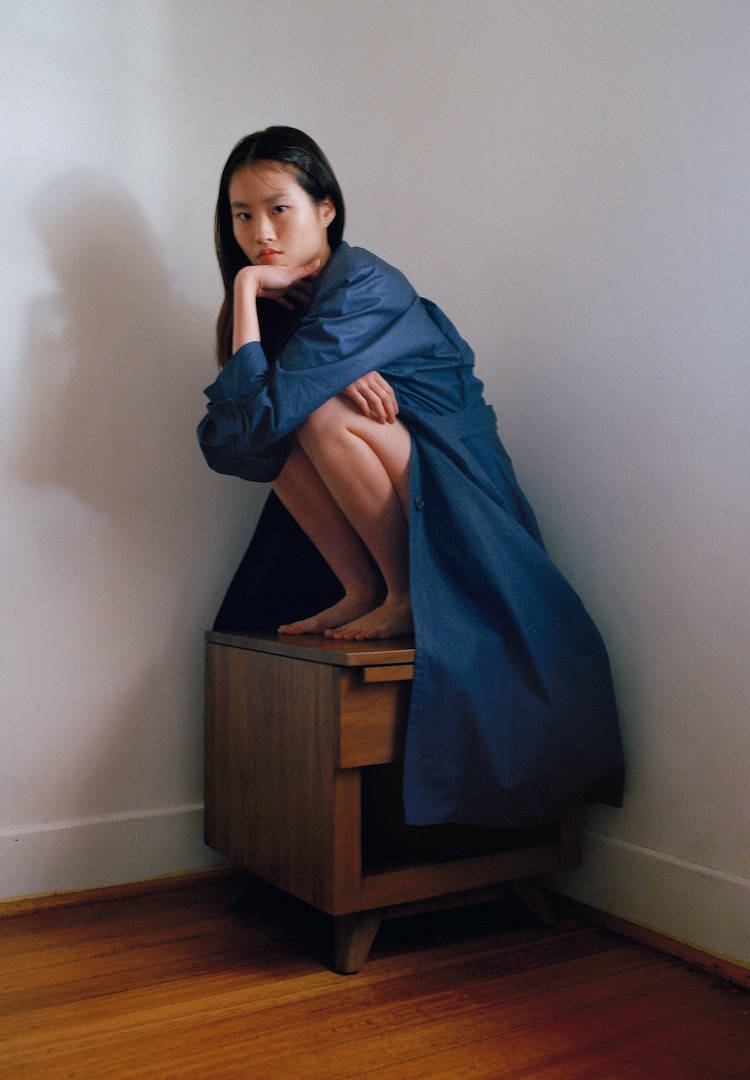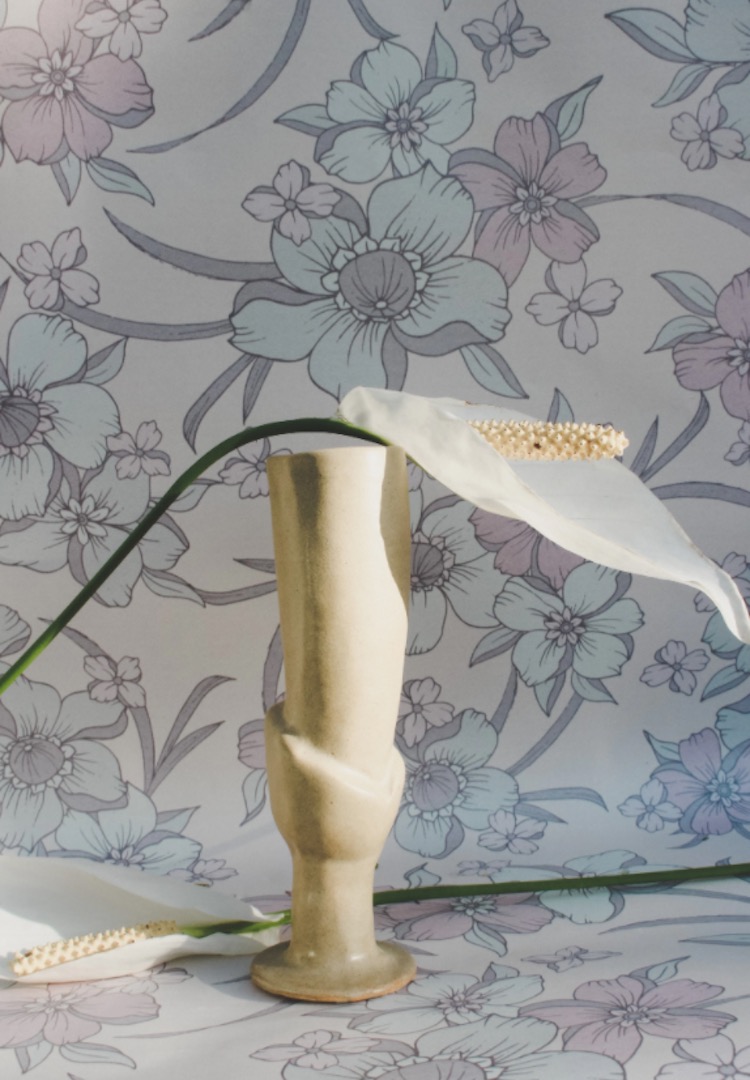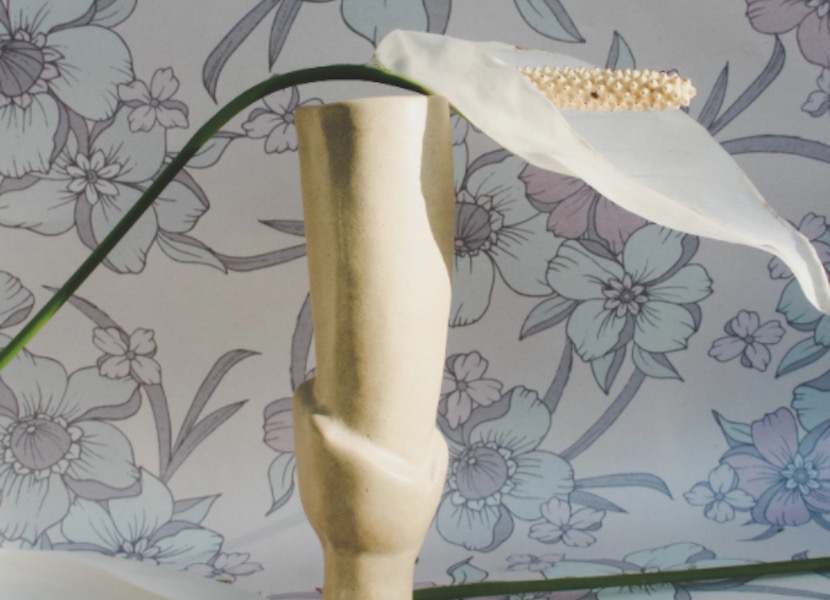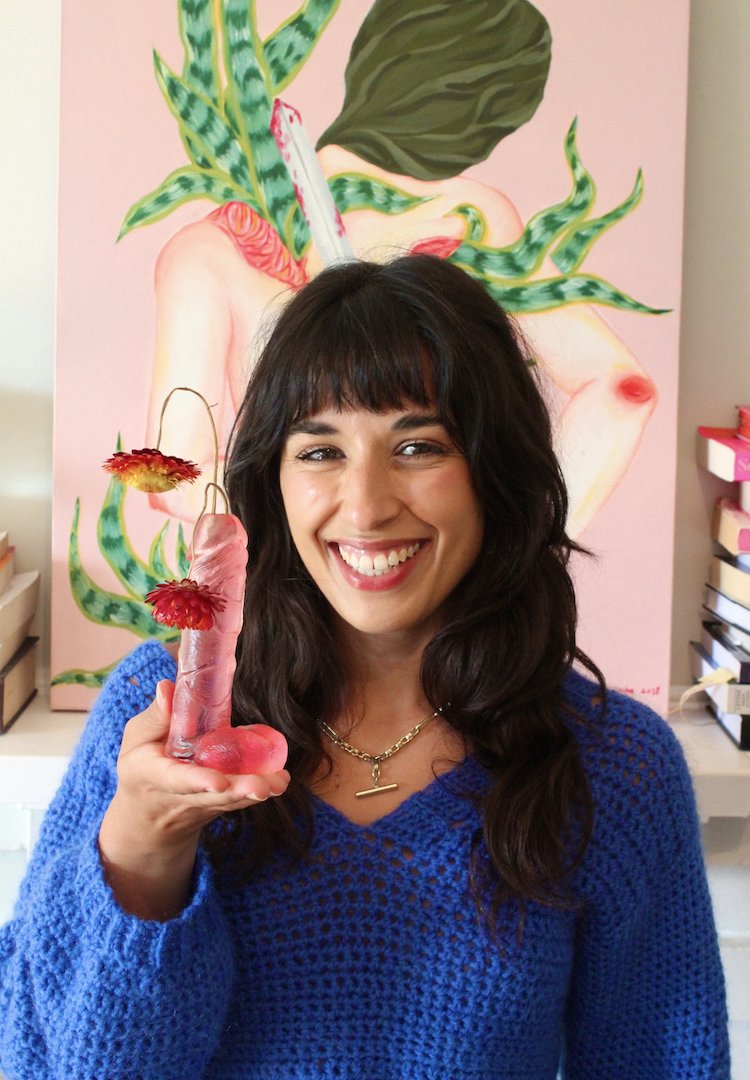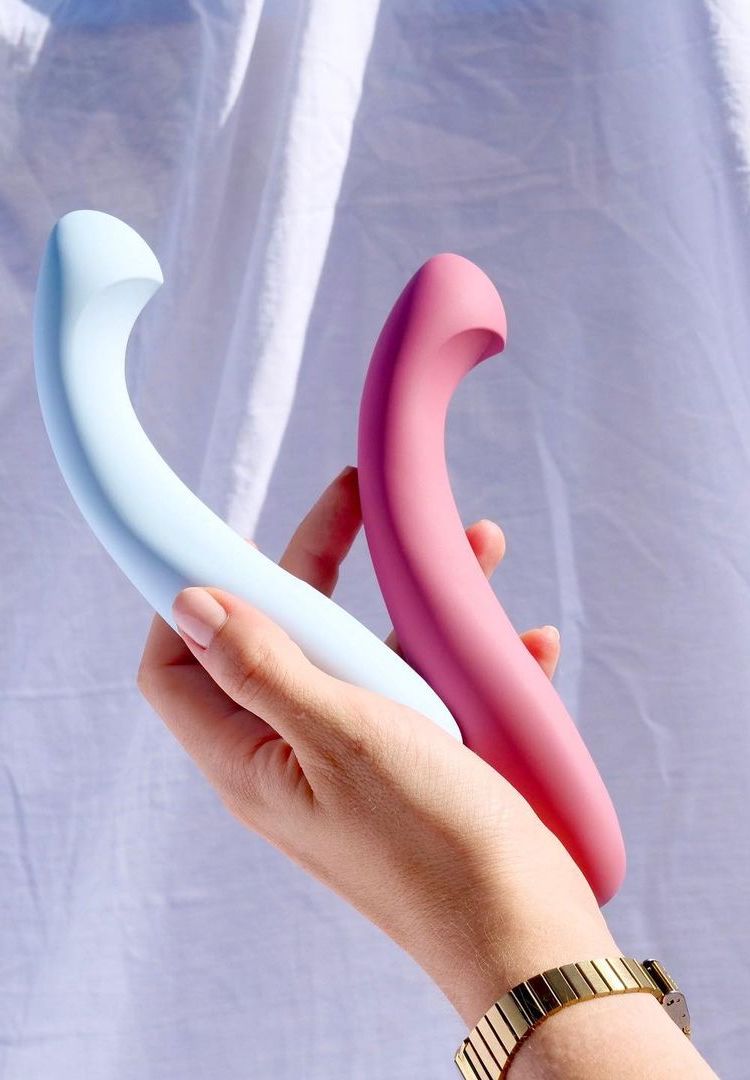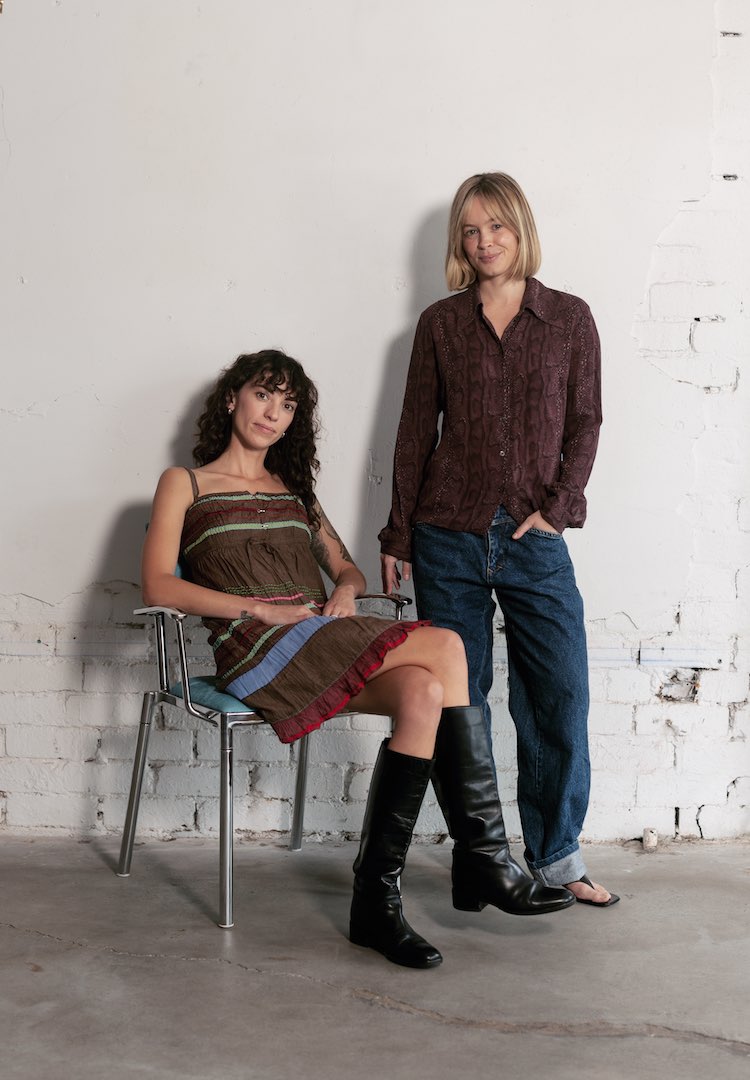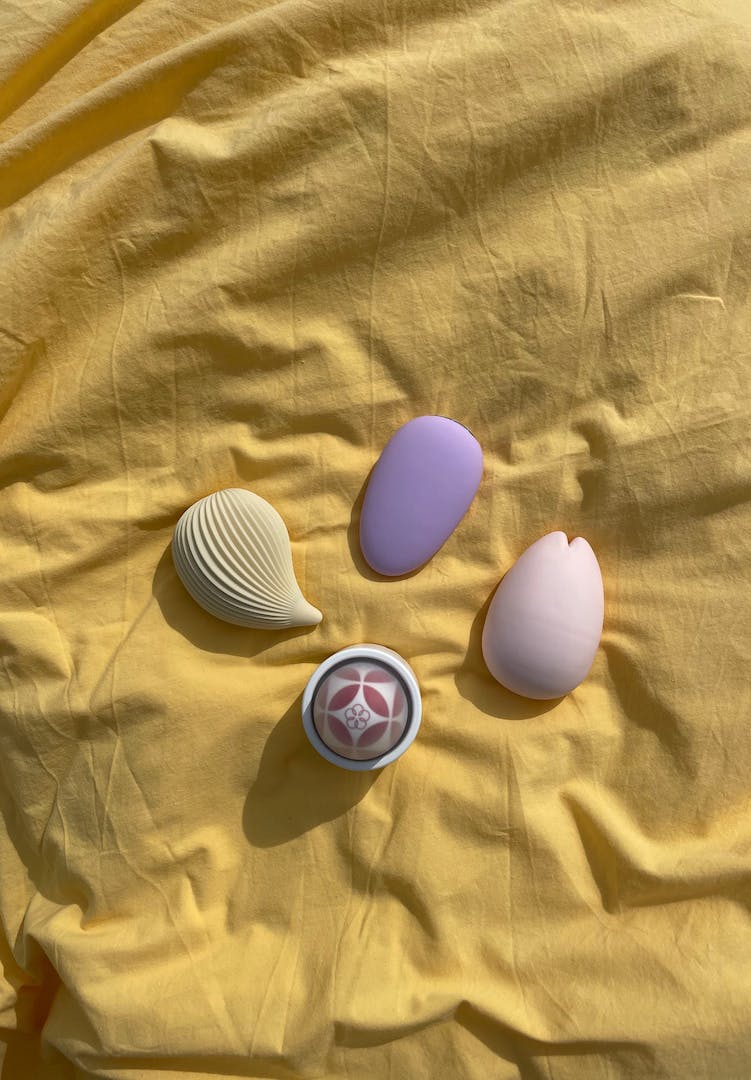I think we need to talk about the sexual wellness industry in Australia
IMAGES VIA DEGOEY PLANET
WORDS BY GENEVIEVE PHELAN
Why haven’t I asked more questions about this industry before?
Ever wondered who makes, sells and markets the sex toys you shove in your intimate regions? Neither. It just seems to be this unspoken assumption we all have – that the sexual wellness industry in Australia would be stringently regulated.
Turns out, they’re all still mostly owned by White cis men looking to make a buck, and the status quo of stigma, secrets, hyper-sexuality and a seriously uninviting realm of digital sexual marketplaces is what I came across when navigating the Australian sexual wellness world online this year.
I think of the flurry of popup boxes and the crowded website design of the random mega-sex-toy-warehouse place I purchased something from in the thick of lockdown. You might’ve been where I was, sitting at home in a bedraggled dressing gown scrolling through a zoo of oddly-named, fluorescent pink, totally non-discrete, tacky sex accoutrements.
You were probably thinking, ‘This is a little gross and weird. I wouldn’t want anyone seeing this baby pop up on a Chrome tab when I share screen on Zoom in tomorrow’s WIP meeting.’ You were definitely doing it at night, surrounded by chips and dips and dim lighting.
Your girlfriends might’ve put the peer pressure on you, pressure that finally made you feel purchasing electrical goods for self-pleasure isn’t something to be ashamed of. Maybe you even did a group order. And you were like, “Fuck yeah, we’re doing this and why haven’t we done this sooner?”.
Then it clicked. Something in that gaudy website and the combo of small animals and numbers in the name (insert: Turbo Rabbit 5000 etc here) still made you feel weirdly icky and uncomfortable.
It was like being stuck in that episode of Sex and the City where the girls buy those massive matching dildos. You felt almost certain anyone who knew you were doing this would confiscate your new gadget and replace it with holy ephemera as Magda did for Miranda.
When asked where you keep your makeup brushes or your toothpaste or your hair curler or your skincare cavalry, many of us would say on display, pedestaled in some fancy emptied-out Overose or Byredo candle or flaunted in some acrylic storage boxes.
And yet, where do we unanimously (if in our possession) keep an instrument of self-pleasure? The answer is obvious: the bedside drawer, duh. Or another deep enclave reserved for your eyes and access only.
Wherever else they may be found, you can almost always be certain the prerequisite storage space for a vibrator is somewhere clandestine. Then again, why would you want to parade that foul neon pink piece of unidentified plastic?
Speaking of, do you even know what the thing you’re putting inside yourself (or someone else) is made from? Maybe you do, but I definitely didn’t.
This whole sex toy saga also prompted the question of why. Why can we not tour somewhere beautiful like Mecca Cosmetica for self-pleasure tools, like we do for any other electrical gadget designed to elevate our wellness or self-care rituals?
And why are there hardly any women at the helm of sex wellness brands? I could expertly recommend a bougie fragrance for every season and their respective dupes, but if somebody asked me where to get a good clitoral stimulator I’d be stumped.
When it comes to the commodities of sexual pleasure, it’s still a man’s world. As I’m a sex toy noob and know close to nothing about how the industry works, I turned to a clever woman breaking down the taboos and hellish hallmarks of the sexual pleasure product circuit.
Alisha Williams has launched a safe, svelte and seriously sophisticated range of intimacy tools that you’d actually want to recommend and candidly talk to your friends about.
Dubbed Rosewell, the women-made line of obscenely aesthetic, monochromatic, minimalist devices is a rejection of everything the industry has stood for until now. I asked Alisha what prompted her to start Rosewell, why we should be more discerning shoppers and how change is underway in the Australian sexual wellness industry.
What’s wrong with the sexual wellness industry in Australia right now?
The sexual wellness industry in Australia currently consists of brands reliant on gender stereotypes, with graphic visuals and hyper-sexuality. The conversation, whether conscious or unconscious, is outdated in terms of gender and accessibility, and full of damaging stigmatisation when it comes to the nature of the individual using sexual products. This has created unrealistic expectations, pressure and shame surrounding sexuality.
As we dug deeper, we found that sexual narratives fall into two distinct categories – what is seen to be acceptable, and what isn’t. Sex is viewed either clinically, in the form of safe sex and reproduction, or the seemingly ‘naughty’ and hidden world of pleasure, which is shrouded in taboo. There wasn’t any middle ground which treated sex for what it is – a universal, organic, intimate human experience.
This issue is only further validated by multiple brands producing cheap, dangerously manufactured ‘toys’ that are aggressively promoted and targeted to women without care or consideration for inclusion or wellbeing.
Worse still, there’s no regulation for sex toys in Australia. Terms such as ‘body safe’ have no real meaning and it’s hard to identify what makes a product good or bad. Terminology is complicated and hyper-sexualised, which validated our desire to make our products as simple, transparent and inclusive as possible.
Why are men at the helm of nearly all sex toy brands? And why do you think we’ve accepted this for so long?
When sexual products are hidden behind dark storefronts, and the experience is more about how quickly you can leave than about taking the time to consider how different experiences of intimacy can enrich our lives, it’s easy for the industry to get away with being opaque about how your products are being made, and what’s in them.
There’s also often a higher reputational risk for women being involved in this industry. People make unconscious assumptions about your lifestyle based on ongoing, long-held stigmas and taboos about women who are open about sexuality. It’s sad to think that all of us at Rosewell have had to consider the impacts of the brand on our professional and personal relationships. But rather than turning us away, this has strengthened our resolve to make intimacy in all of its forms something for the everyday.
Why is regulation necessary for sexual pleasure products?
For far too long, the industry has been left to self-regulate. As a result, products currently in the market are often manufactured in huge quantities with cheap, non-porous materials like rubber jelly that are easily penetrated by bacteria, viruses and fungus.
The other popular low-grade alternative is polyvinyl chloride (PVC), found to contain added toxic chemicals called phthalates, which can leak out of toys to impact reproductive health, hormone balance, and have even been linked to breast cancer by breast cancer charities. The term ‘toys’ in their labelling enables them to be classified as a novelty product, enabling further avoidance of regulation.
For any product designed to be used on your body or internally, safety and standards should be non-negotiable. Sex toys are soon to be regulated for the first time. A committee has been established by the International Standards Organisation to design new safety and communication standards for sex toys, with publishing expected in 2024. The standards will outline clear requirements for risk assessment of products, user information, material safety and quality requirements and provide recommendations on design.
How can we ensure we’re supporting the right brands in this space as consumers?
Intimacy is a personal experience, so it’s important to consider how the brand makes you feel. Support the brands that resonate with how you experience intimacy, that enhance your experience, rather than contributing to feelings of shame, discomfort and confusion. In terms of products, our advice to consumers is to research the materials used (‘body safe’ has no real meaning or assurance of quality and safety), the level of clarity and transparency in the user information provided, and the quality assurances and warranty of the products.
We focused on creating products that were made with the highest quality medical-grade materials, met modern expectations in terms of safety, noise and longevity with a two-year product warranty, and interviewed hundreds of prospective manufacturing partners to find one that shared similar values.
Why did you make Rosewell? What is it and what does it stand for?
Rosewell started from a place of frustration. We each had poor experiences purchasing sex products that left us feeling uninspired, ashamed and confused. Learning that we shared the same experiences prompted us to start asking questions.
We wanted to know – is this normal? How many other people feel like this? Where were the products that weren’t telling us how to look or behave? We began reaching out to friends, family, and peers. Over hundreds of conversations, undertaking months of research and learning what this experience could be, Rosewell grew into the brand it is today.
Ultimately, Rosewell stands to create a space where sex and intimacy can bloom with care and respect, free from judgement and shame for sex and our bodies, where people can be their most pure, connected, and human.

